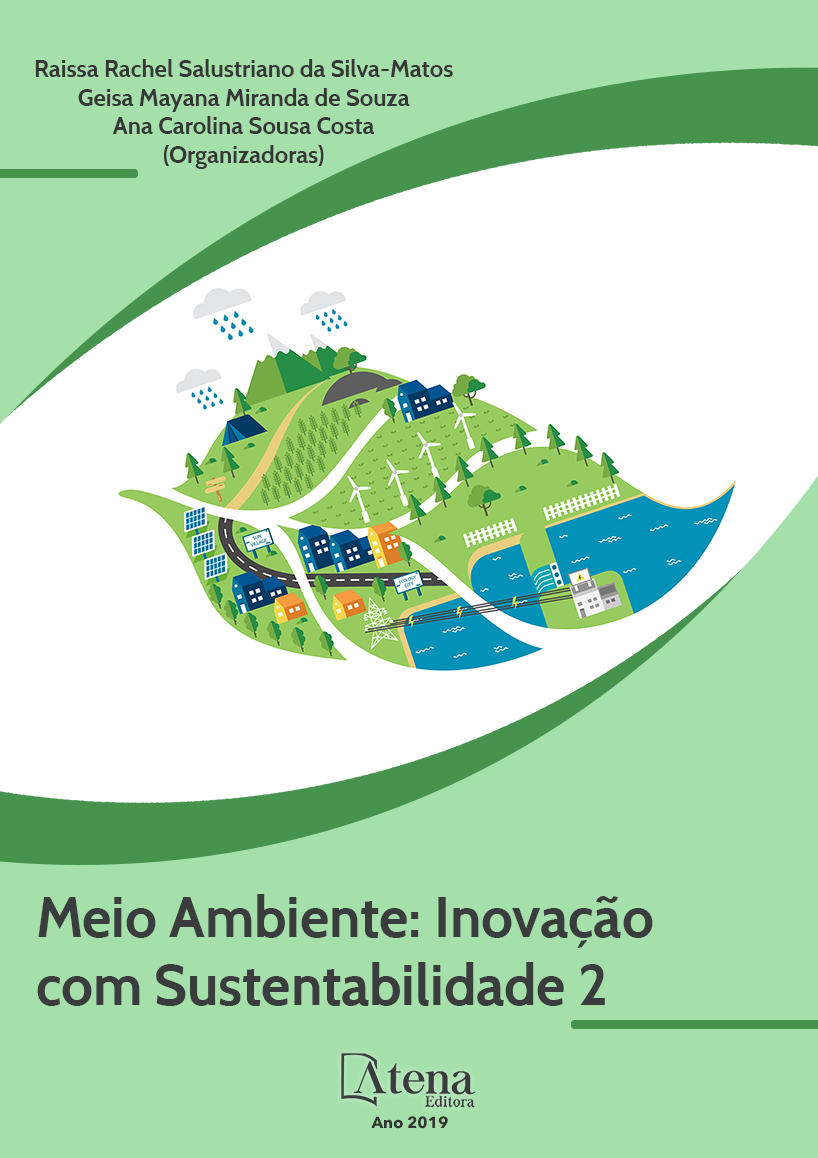
DESENVOLVIMENTO DE CARVÃO ATIVO A PARTIR DE REJEITOS DE CURTUME E DE PET VISANDO A REMEDIAÇÃO
Um dos materiais com maior
destaque é o carvão ativado, é um material
de origem orgânica, comumente utilizado
na indústria em processos como filtração,
clarificação, desodorização e purificação
de líquido ou gases. O uso de um material
alternativo, de preferência algum tipo de
resíduo, capaz de substituir o carvão ativado
em algumas situações é de grande valor para
a sociedade, pois trata-se de um material que
estaria sendo descartado e aumentando o
volume de resíduos sólidos no planeta. Esta
pesquisa científica estudou o curtume (resíduos
de couro) e o polietileno tereftalato (PET)
como possíveis substitutos do carvão ativo
como remediador de possíveis substâncias
contaminantes. Estes estudos foram feitos com
algumas técnicas, como pirólise em mufla de
indução de materiais alternativos, após isso,
a densidade e dispersão em meio aquoso foi
comparada com o do carvão ativo comercial,
também foi feita uma análise da capacidade de
adsorção dos carvões produzidos com a filtração
do corante de vinho, também foi realizada
análise térmica com o DTA dos carvões de
material alternativo, em que foi comparado com
um carvão comercial para observar como se
comporta em altas temperaturas. Esta pesquisa
visa resultados significativamente positivos
quanto às propriedades do material alternativo
selecionado como substituto do carvão ativado
em relação a situações potencialmente
poluidoras no solo e consequentemente nas
águas subterrâneas.
DESENVOLVIMENTO DE CARVÃO ATIVO A PARTIR DE REJEITOS DE CURTUME E DE PET VISANDO A REMEDIAÇÃO
-
DOI: 10.22533/at.ed.46119011025
-
Palavras-chave: Material alternativo, carvão ativado, curtume, PET.
-
Keywords: Alternative material, activated charcoal, tannery, PET.
-
Abstract:
One of the materials with the most highlight is the activated charcoal,
it is a material of organic origin, that’s commonly used in the industry in processes
such as filtration, clarification, deodorization and purification of liquids or gases. The
use of an alternative material, preferably some type of waste, capable of replace the
activated charcoal in some situations is of a great value for society, since it’s about
a material which would be being discarded and increasing the volume of solid waste
on the planet. This scientific research studied the tannery (leather waste) and the
polyethylene terephthalate (PET) as possibles substitutes of active charcoal as a
remediator of possible contaminating substances. This studies was made with some
techniques, as pyrolysis in induction muffle of alternative materials, after this the density
and dispersion in aqueous medium was compared with the commercial active charcoal,
an analysis was also made of the adsorption capacity of the coals produced with the
filtration of the wine dye, thermal analysis was also performed with the DTA of the of
coals of alternative material, in which it was compared with a commercial charcoal
to observe how it behaves at high temperatures. This research aims at significantly
positive results regarding the properties of the alternative material selected as the
substitute of the activated charcoal in relation to potentially polluting situations in the
soil and consequently in groundwater.
-
Número de páginas: 15
- André Augusto Gutierrez Fernandes Beati
- Rafael Augusto Valentim da Cruz Magdalena
- Graziele Aparecida da Silva Raimundo
- Chaiene Nataly Dias
- Luciane de Souza Oliveira Valentim
- Alexandre José de Oliveira Filho
- CAROLINA DORICCI GUILHERME


